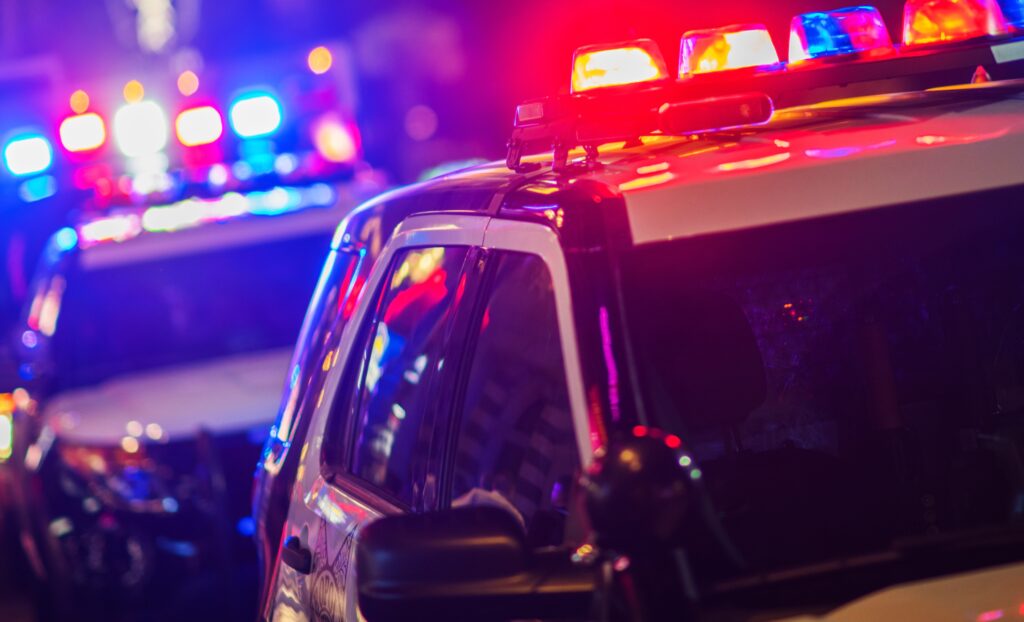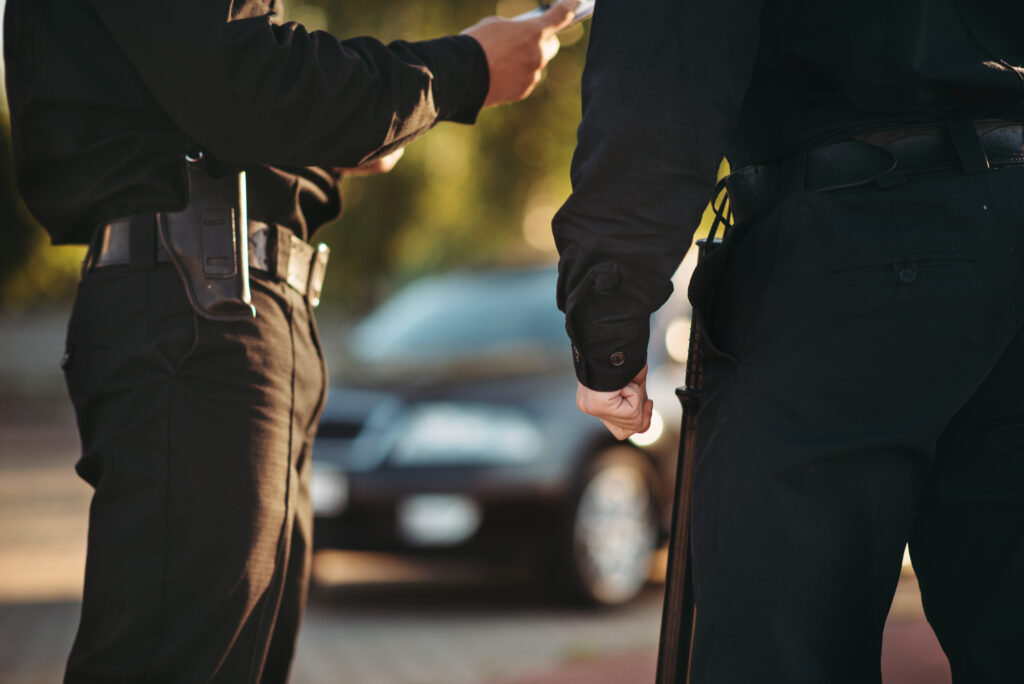Can I Refuse to Provide a Breath Sample?
In Canada, impaired driving laws are strict, and refusing to provide a breath sample can have serious legal consequences. Under the Criminal Code of Canada and Alberta’s Traffic Safety Act, drivers are required to comply with police demands for breath samples. Failure to do so can result in severe penalties, sometimes harsher than those for the impaired driving itself.
For residents of Alberta, including Calgary, understanding the legal implications of refusing to provide a breath sample is essential. This article explores whether you can refuse to provide a breath sample, the potential penalties, legal defences, and how an experienced lawyer can help if you are charged.
Table of Contents
What are Breath Sample Requests?

Law enforcement officers in Canada have the authority to demand a breath sample in three situations:
- Roadside Screening Demand – If an officer has reasonable grounds to suspect that you have alcohol in your system, they can demand that you provide a breath sample using an Approved Screening Device (ASD).
- Mandatory Alcohol Screening – However, if an officer already has an ASD with them, the officer can, provided they are acting lawfully under any Act of Parliament or an Act of the Alberta Legislature, demand that you immediately provide a breath sample regardless of whether there are any reasonable grounds that exist to suspect that you are impaired.
- Evidentiary Breath Test – If a failed roadside test or other observations of indicia of impairment provide reasonable grounds to believe you are impaired, you may be required to provide further samples at a nearby police station using an Approved Instrument (AI), which provides more accurate results that can be used in court.
These demands are authorized under Sections 320.27 and 320.28 of the Criminal Code of Canada and Section 88.1 of the Traffic Safety Act of Alberta.
Can You Legally Refuse to Provide a Breath Sample?
The short answer is no. Refusing to provide a breath sample when lawfully required by police is a criminal offence. Under section 320.15(1) of the Criminal Code, failure to comply with a lawful demand for a breath sample is a crime, carrying significant legal consequences. Alternatively, under Section 88.1(1)(e) of the Traffic Safety Act, a refusal to provide a breath sample will be treated as an automatic Administrative Penalty equivalent to if you had failed the breath test.
What Happens If You Refuse to Provide a Breath Sample?

Refusing a breath sample can lead to severe penalties, often equivalent to or worse than those for impaired driving. In Alberta, the penalties for refusing a breath test include:
- First Offence: A minimum $1,000.00 to $1,200.00 fine, a 30-day vehicle seizure, and either a one-year driving prohibition, or a 90-day licence suspension followed by 12 months’ participation in the Alberta Ignition Interlock Program, or both.
- Second Offence: Potential criminal charges. A second criminal conviction for the offence carries a mandatory 30-day jail sentence and a two-year driving prohibition. Under just the Alberta Immediate Roadside Sanctions (IRS), a second offence leads to a $2,400.00 fine and a mandatory 36-months’ participation in the Alberta Ignition Interlock Program.
- Third or Subsequent Offence: A minimum 120-day jail sentence and a three-year driving prohibition if a third criminal conviction. Alberta’s IRS sanctions will mandate your lifetime participation in the Ignition Interlock Program presuming your licence is even reinstated.
Additionally, insurance rates may increase significantly, and any criminal record can affect employment, travel, and other aspects of life.
Immediate Roadside Sanctions
In Alberta, under the Immediate Roadside Sanctions (IRS) program, refusing a breath test results in swift administrative penalties, including:
- Immediate 90-day or longer licence suspensions.
- 30-day vehicle seizures (at your expense).
- Requirement to participate in the Ignition Interlock Program for at least one year or more.
Legal Defences for Refusing a Breath Sample

While refusing a breath sample is a criminal offence, there are certain legal defenses that may apply to your case. Some possible defenses include:
- Unlawful Demand: If the police did not have necessary grounds to request a breath sample or failed to follow proper procedures, the demand may be considered unlawful.
- Medical Condition: If a driver has a medical condition that prevents them from providing a breath sample (e.g. severe asthma, lung disease), this may serve as a valid defence.
- Language Barriers or Miscommunication: If a driver did not understand the request due to language barriers or miscommunication, the refusal may not be considered willful.
- Charter Rights Violations: If law enforcement violates certain rights under the Canadian Charter of Rights and Freedoms (e.g. failing to provide access to legal counsel), this may be a defence against any criminal charges, but not the administrative penalties.
The Role of Legal Counsel
If you have been criminally charged and/or received an Immediate Roadside Sanction (IRS) for refusing to have provided a breath sample, seeking legal counsel immediately is crucial. An experienced criminal defence lawyer can:
- Assess the legality of the police demand.
- Determine whether any procedural errors occurred.
- Challenge the matter in Court and/or the SafeRoads Tribunal if there are grounds for it.
- Negotiate for reduced/minimum penalties in criminal cases.
A lawyer can also advise you and assist you even if all you are facing is an Immediate Roadside Sanction (IRS) through SafeRoads Alberta, as there still remains limited grounds for doing so.
Should You Ever Refuse a Breath Sample?
Given the severe legal and administrative consequences, it is never advisable to refuse a breath test. Even if you believe you are being unfairly targeted or have concerns about the accuracy, it is typically in your best interest to comply and challenge any issues that may have arisen later.
In some cases, drivers believe that refusing a breath sample will help them avoid an impaired driving charge or sanction, but it actually leads to equal or even more severe penalties. If you are in doubt, it is always best to comply with the demand and seek legal assistance afterwards.
Contact Shim Law Today

Refusing to provide a breath sample in Alberta, including Calgary, is a serious offence carrying significant legal and administrative penalties. The consequences include substantial fines, a lengthy driving suspension, a possible criminal record, and even jail time for repeat offenders.
If you have been charged with refusing to provide a breath sample, it is essential to consult an experienced criminal defence lawyer as soon as possible. At Shim Law, we can help assess your case, explore potential defences, and guide you through the legal process to achieve the best possible outcome. Please contact Shim Law today at (587) 391-9580 or book an online consultation to learn more.












